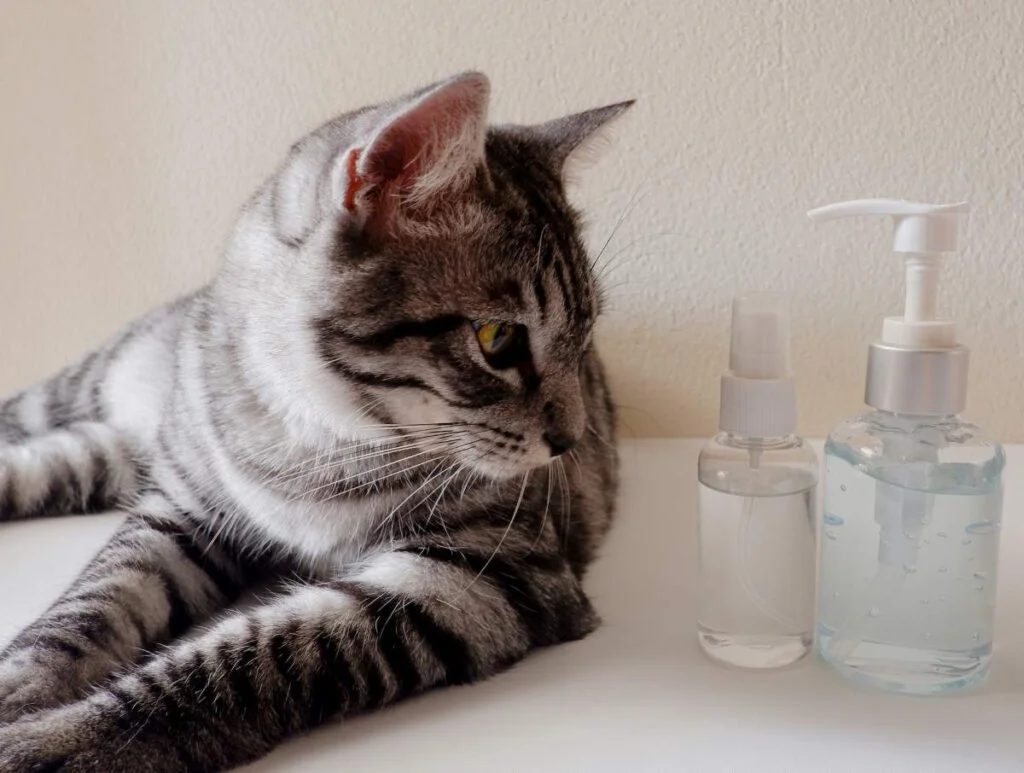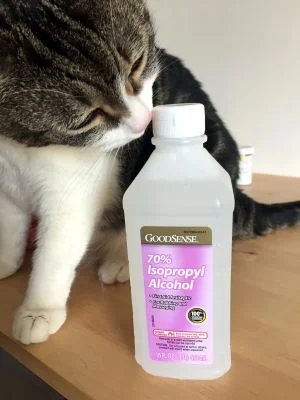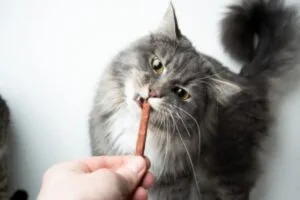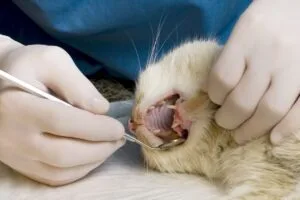Is the smell of Rubbing Alcohol Bad for Cats?

Cats are known for their keen sense of smell, which plays a vital role in their daily lives. As we all know, cats have a habit of sticking their noses in places where they don’t belong. This can lead to several problems, such as when they smell or ingest harmful substances like alcohol.
In this article, we’ll explore the topic of, “is smell of rubbing alcohol bad for cats?” and discuss safety precautions to keep your furry friend healthy.
Understanding a Cat’s Sense of Smell
Before we explore the effects of rubbing alcohol on cats, it’s essential to grasp the remarkable olfactory abilities of our feline friends. Cats have an acute sense of smell, estimated to be around 14 times more sensitive than that of humans. This heightened sense of smell allows them to detect scents that are imperceptible to us and plays a vital role in their survival and daily activities.
The key takeaway here, is that just because you can’t smell the rubbing alcohol, or that it doesn’t smell that bad to you, doesn’t mean it will be the same for your cat. It’s important to understand the difference in sensitivity between a cat and human’s nose.
Rubbing Alcohol: The Basics
Rubbing alcohol, scientifically known as isopropyl alcohol, is a ubiquitous household item renowned for its versatile applications. This clear, colorless liquid serves multiple functions, ranging from cleaning wounds and disinfecting surfaces to dissolving stubborn adhesive residues. However, the distinctive and potent odor associated with rubbing alcohol sets it apart from many other common household items.
This odor, while tolerable to most humans, can be an entirely different experience for our feline companions. Therefore, it’s crucial to explore the nuances of how cats perceive and react to the smell of rubbing alcohol.
Is the Smell of Rubbing Alcohol Bad for Cats?
The smell of rubbing alcohol can be unpleasant for cats, much like it is for humans. Cats have a strong aversion to strong and unfamiliar odors, and the pungent scent of rubbing alcohol is no exception. When cats encounter a strong smell, they might react by displaying behaviors like sneezing, coughing, or even temporarily avoiding the area where the scent is present.
However, aside from assaulting your cat’s nose with a foul odor, the smell of rubbing alcohols cannot cause any harm.
In fact, rubbing alcohols are actually used as a sanitizer for cleaning cat wounds. So it’s also safe to apply rubbing alcohol on your cats skin too.

Any Potential Dangers involving Rubbing Alcohol for Cats?
Although the smell of rubbing alcohol is not harmful, cats are curious creatures, and they may investigate the source of the smell, potentially coming into contact with the substance itself.
Ingesting or licking rubbing alcohol can be toxic to cats, leading to symptoms such as drooling, vomiting, diarrhea, and in severe cases, even central nervous system depression. Small traces of alcohol are unlikely to have any effect on a cat, such as the trace amounts left over from cleaning a cat’s wound. However, larger amounts, such as that from a spillage or directly from a bottle of rubbing alcohol are dangerous, and can trigger strong symptoms.
If you suspect your cat has ingested a substantial amount of rubbing alcohol, contact your veterinarian immediately.
Safety Precautions for Cat Owners
To ensure the safety and well-being of your cat, it’s essential to take precautions when using rubbing alcohol or any other strong-smelling substances:
- Store it Safely: Keep rubbing alcohol and other potentially harmful substances out of your cat’s reach. Store them in secure cabinets or containers to prevent accidental exposure.
- Ventilation: When using rubbing alcohol or any strong-smelling cleaning agents, make sure the area is well-ventilated. Proper ventilation can help disperse the odor and reduce your cat’s exposure.
- Supervision: If you’re cleaning an area with rubbing alcohol or using it for any purpose, keep a close eye on your cat to ensure they don’t come into contact with the substance.
- Clean Up Spills: If you spill rubbing alcohol, clean it up immediately and thoroughly to prevent your cat from licking or walking through it.
Conclusion
While the smell of rubbing alcohol is generally unpleasant for cats and may lead to temporary discomfort, it is not inherently harmful in small doses. However, responsible pet ownership involves taking precautions to ensure your cat’s safety. By storing rubbing alcohol safely, providing proper ventilation when using it, and supervising your cat, you can minimize the potential risks associated with this strong-smelling substance.


